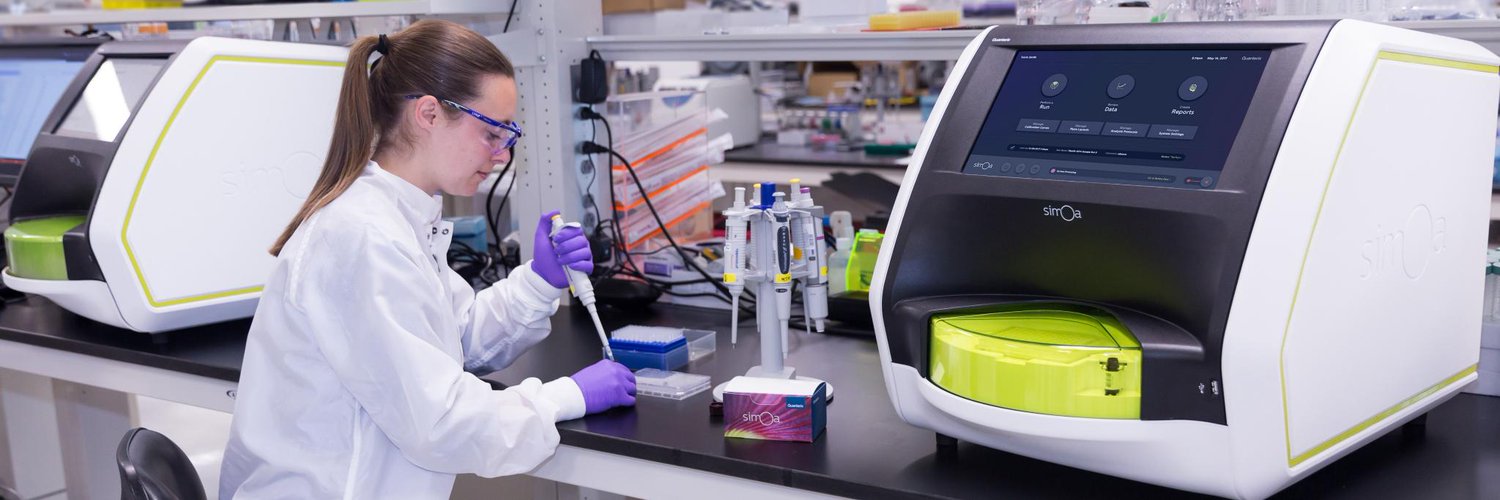Blood Test for Alzheimer’s Disease Granted Breakthrough Device Designation
 The Simoa phospho-Tau 181 (pTau-181) blood test developed by Quanterix has been granted Breakthrough Device designation by the US Food and Drug Administration (FDA) as an aid in diagnostic evaluation of Alzheimer’s Disease (AD).
The Simoa phospho-Tau 181 (pTau-181) blood test developed by Quanterix has been granted Breakthrough Device designation by the US Food and Drug Administration (FDA) as an aid in diagnostic evaluation of Alzheimer’s Disease (AD).
“Quanterix’s technology has the unique ability to detect low-abundance markers in a blood sample, unlocking the possibility for earlier, more accessible, non-invasive diagnosis of disease, including AD. The breakthrough designation represents an important step in our long-term strategy to develop ultra-sensitive in vitro diagnostics,” said Kevin Hrusovsky, Chairman and CEO, Quanterix Corporation. “More importantly, it further validates the potential of our ultrasensitive Simoa technology, and we remain deeply committed to leveraging our innovative platform to support advances in neurodegenerative research and the translation of breakthrough scientific discoveries into the clinic. Our Research Use Only assays, including our Simoa pTau-181 assay, remain important tools in supporting these advances.”
The Simoa pTau-181 test is a semiquantitative immunoassay intended for the measurement of pTau-181 concentration in human serum and plasma using the Quanterix HD-X immunoassay system. Proposed indications under the Breakthrough Device designation include use of the test results in adult patients, aged 50 years and over, presenting with cognitive impairment who are being evaluated for AD and other causes of cognitive decline as an aid in diagnostic evaluation for AD. The test is not intended as a stand-alone diagnostic assay and test results will be interpreted in conjunction with other diagnostic tools to establish a final clinical diagnosis. Breakthrough Device designation does not guarantee that the FDA review and approval process will be shortened or that an application will be approved.
Related Articles
Citation
Blood Test for Alzheimer’s Disease Granted Breakthrough Device Designation . Appl Radiol.
October 13, 2021